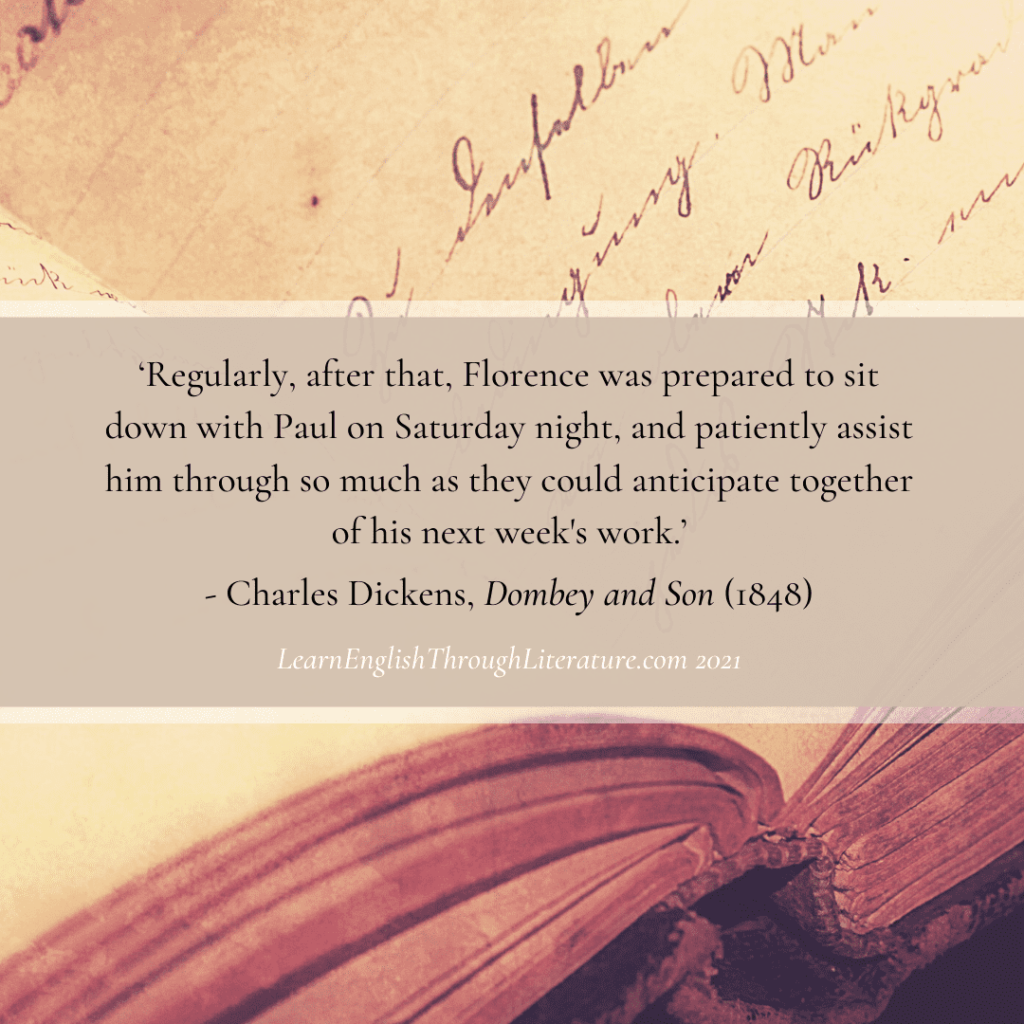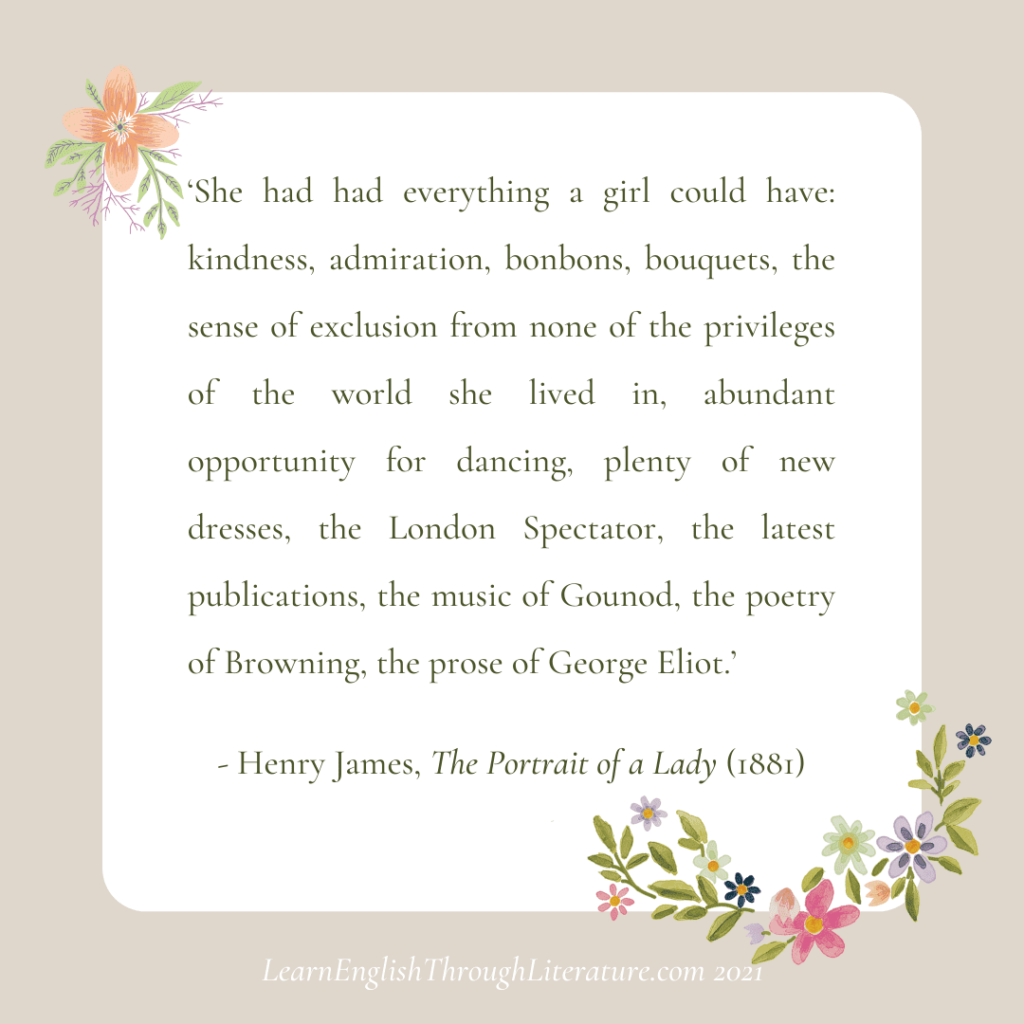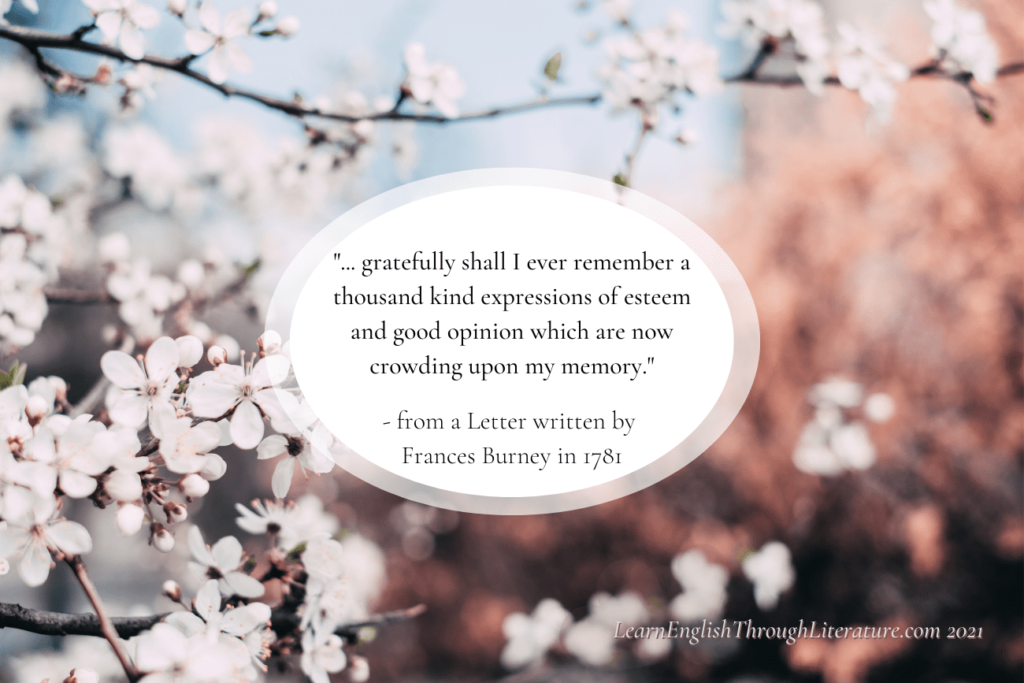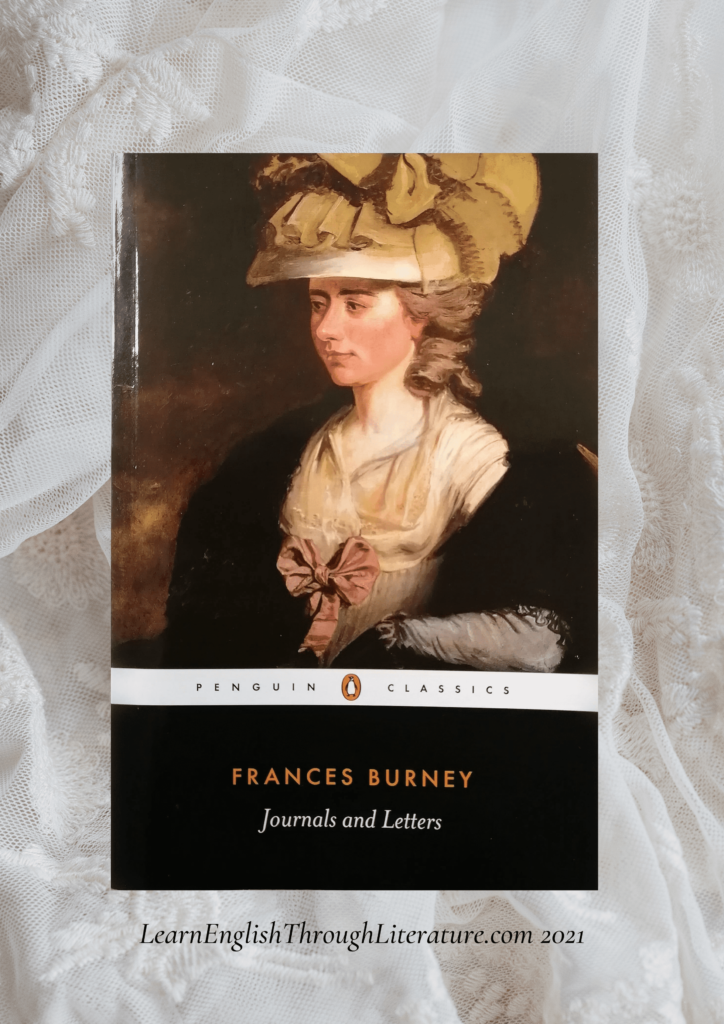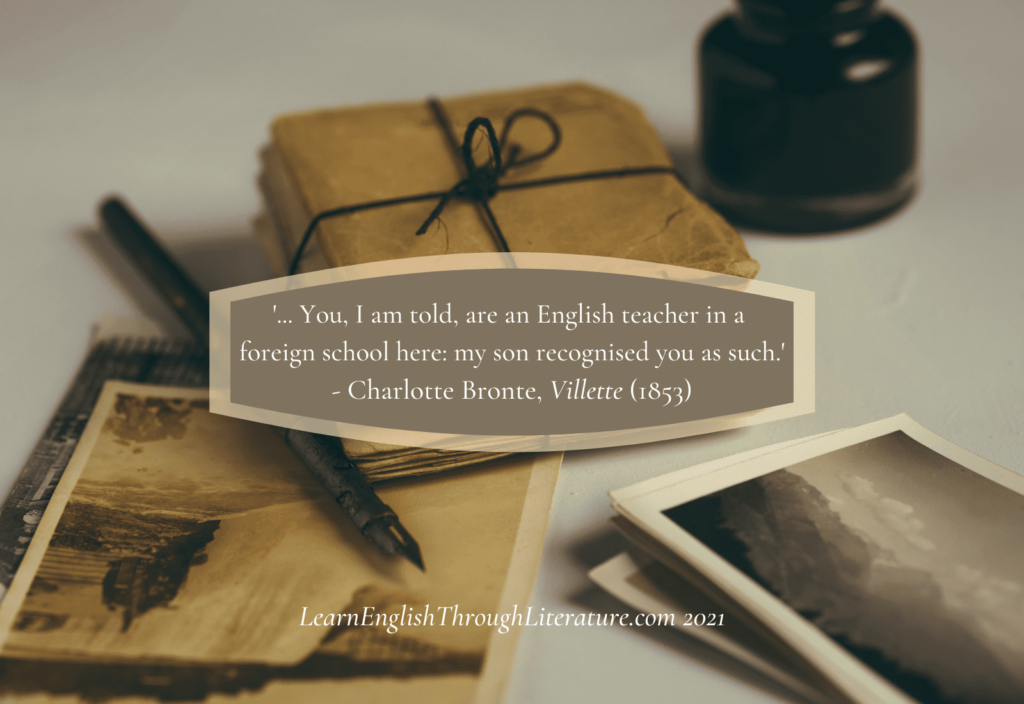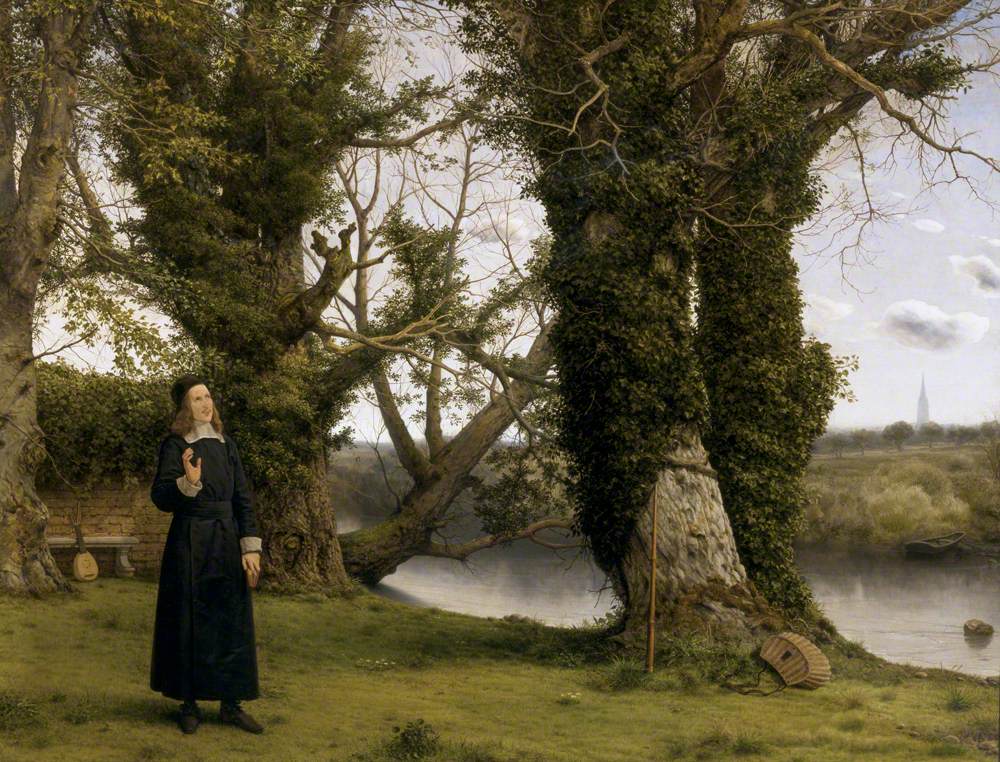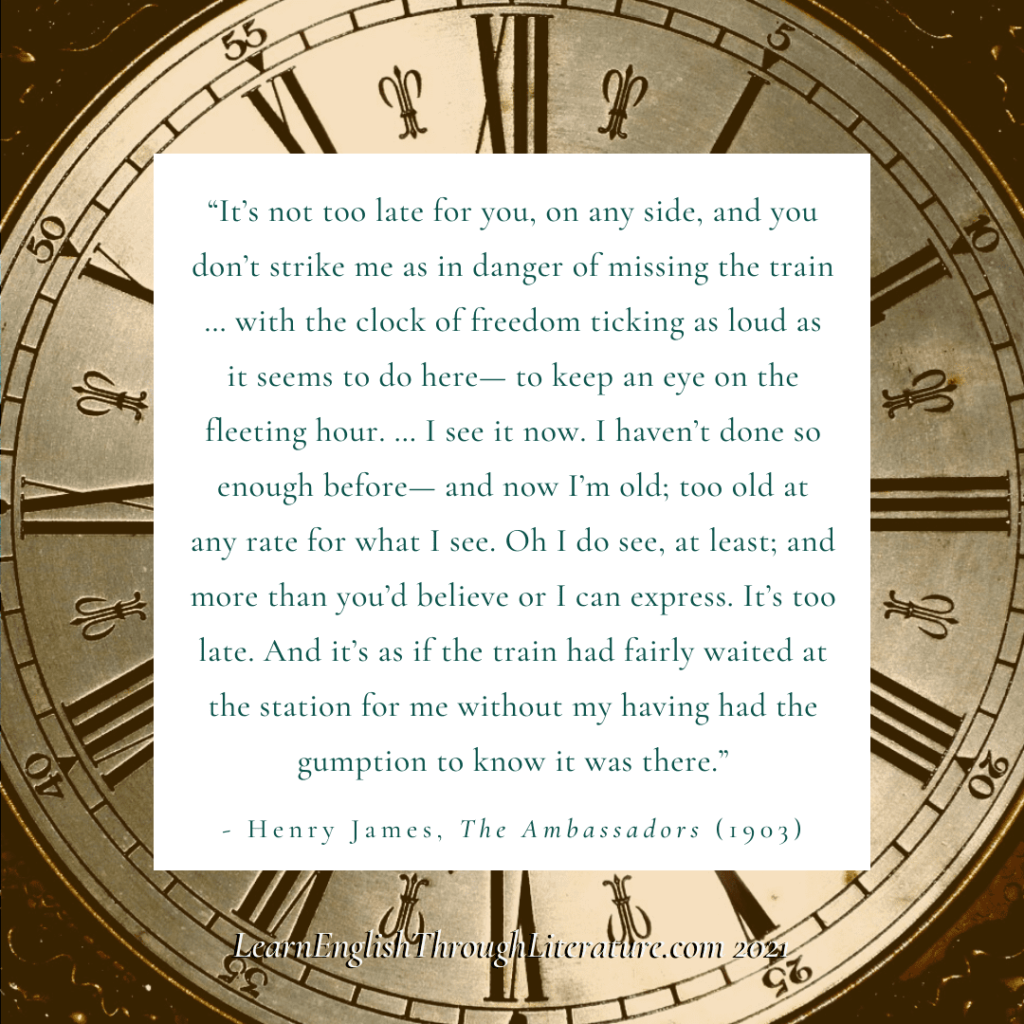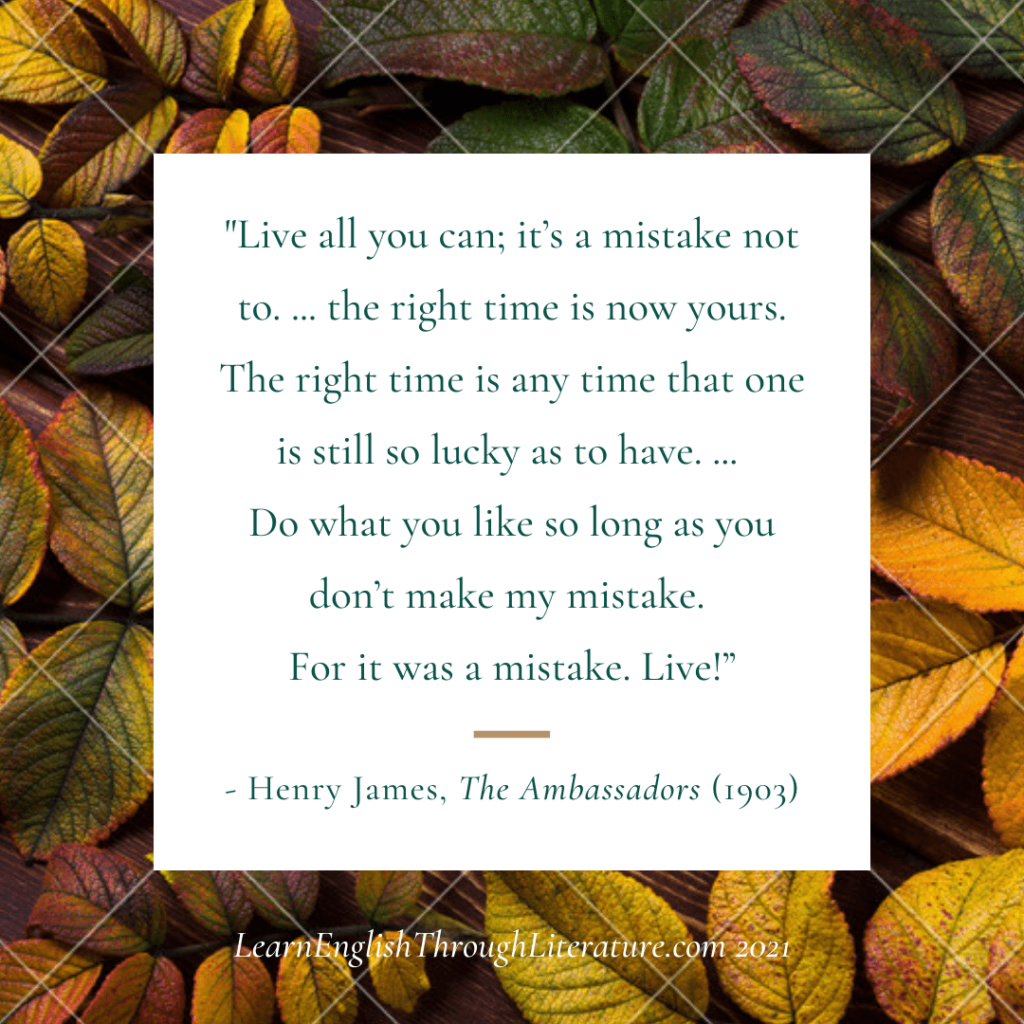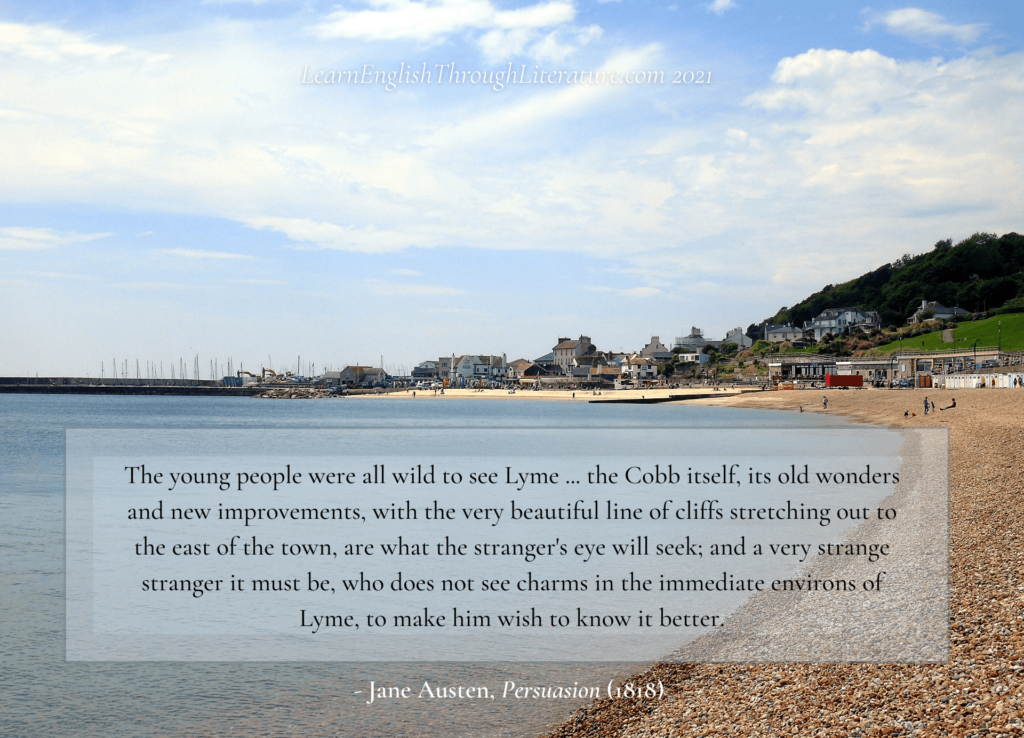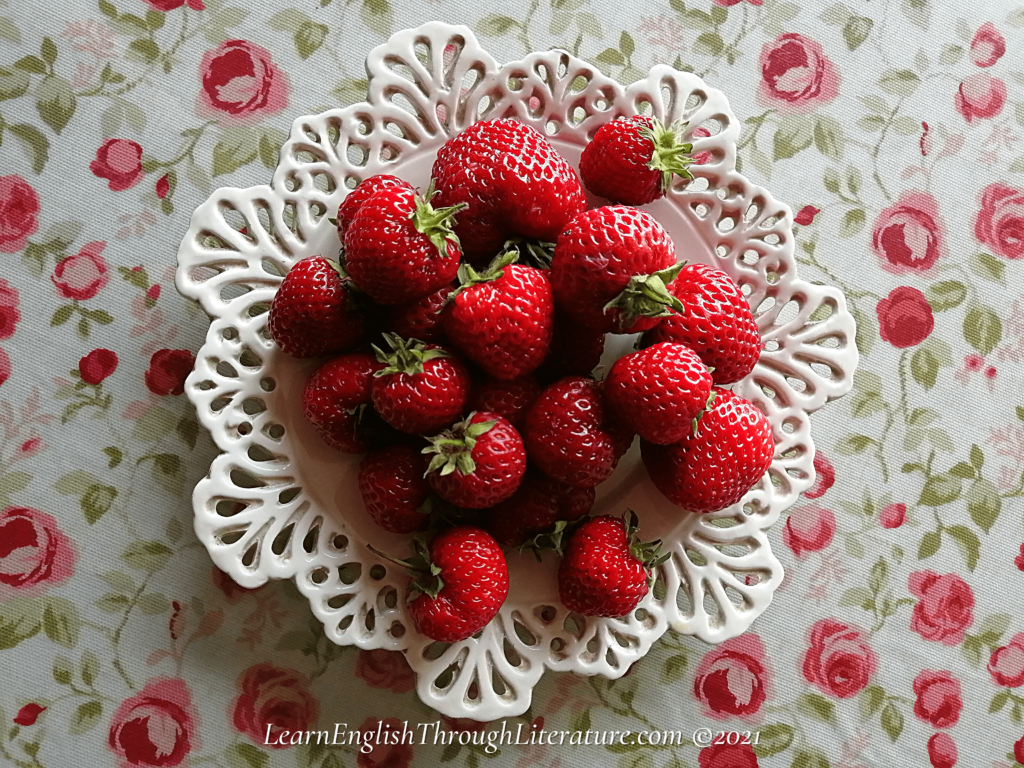Lesson #270 (Part 2): Some Mistakes that Italians make in English
Here we will continue our Lesson by looking at common issues that Italian students of English often make. (If you missed Part 1 of our Lesson, have a look at it first 👈 – I shared in it more about the novel by Charles Dickens, Dombey and Son, on which we are basing our Lesson). […]
Lesson #270 (Part 2): Some Mistakes that Italians make in English Read More »


